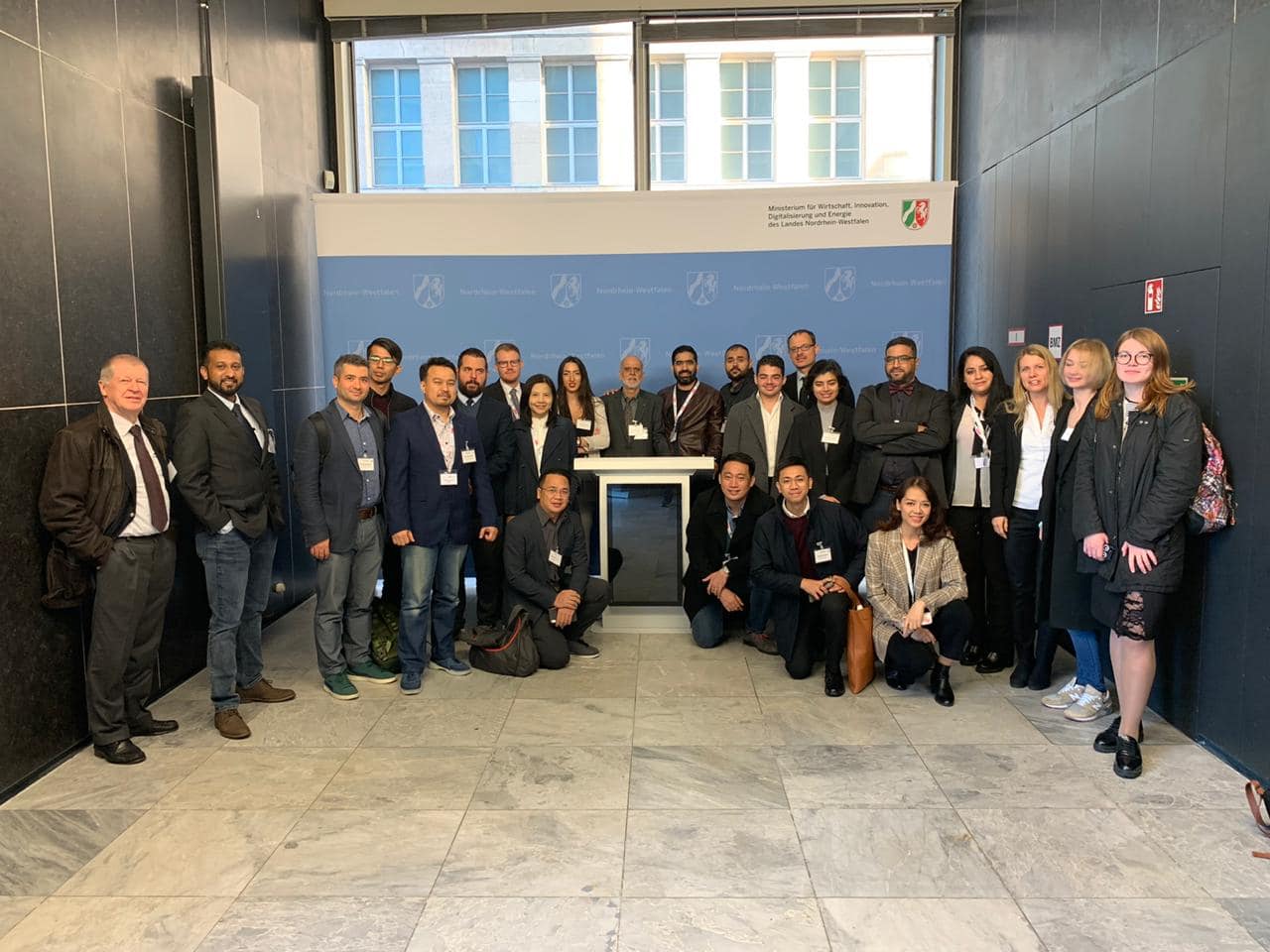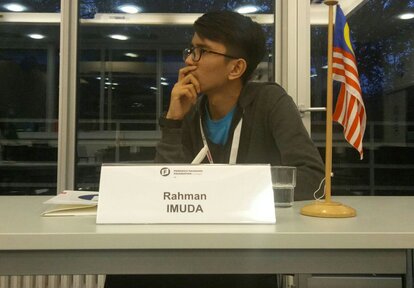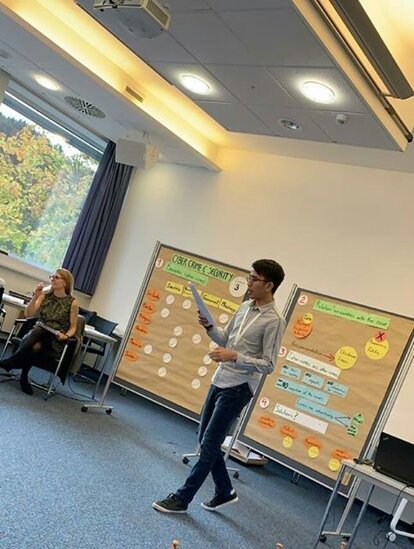Event
Malaysia’s Brave New World: Democracy and Digitalization

Last month I was invited to attend a conference related to democracy and digitalization, titled ‘Safeguarding Freedom in the Digital World’ in Gummersbach, Germany. I think democracy in the digital world and democracy in the physical world exist in a different framework of discourse and approach. The idea of democracy itself surpassed thousands of years, but digitalization is still a growing infant within the womb of democracy. Few know how it works, and this proved to be largely different hurdles than democracy in the real world.
Physical democracy and Digital Democracy
Between sessions on a workshop conducted by Friedrich Naumann Foundation, our debate circulating various converging issues in the digital world – from the digital environment, civil rights, national security, personal data, freedom of speech and more. I can see there’s a lot of similarities concerning the situation of democracy in the physical and digital world.

Physical democracy can be seen directly through free will, free speech and government transparency. We can see the ongoing process in our peripherals. Meanwhile, in digital space, it can be seen through a certain ‘platform’ from the device itself such as mobile phones and laptops. Taking Malaysia’s politics and public perception in the digital sphere after the 14th General Election, it’s terrifyingly rife with a distorted view of race-based discussions that were not representing the real-life Malaysian’s lifestyle. Unlike the virtual world, multicultural cohesion and toleration managed to persist, within the realms of Malaysia’s society.
From this context too, I draw a defining line of comparing human nature while socializing on the Internet and socializing in the real world. Lawmakers and law enforcers often ignore these differences in current human socialization trends. Some might be keener to express their deepest desire virtually than in the real world. This should be considered in any regulations involving digital space.

Digital education is now a must in national education policy
No country can escape from the virtual world;therefore, its citizens must be prepared to face the waves of unruly, vast seas of the digital world. School always will be the best place to educate younger generations that truly grows along with the virtual world itself. Before, digital education was put into an alternative subject and might be taken lightly by both educators and students. Now, it must be made compulsory in the high tide of digital revolutions; from cyber-attacks to new and upcoming job industries that would require digital and technology skills.
The government should be bold in taking much-needed improvement on education policies in this evolving world, and fellow teachers should work hard to enrich their own digital and technological knowledge so they could catch up with younger generations. However, this must be planned thoroughly and considering every insight according to our educational vision. Estonia, for example, had been advancing its digitalization process in the last 20 years. For Malaysia, it would require unanimous hard work from the politicians from all sides to pave the way for Malaysia's digitalization.
Malaysia needs more discourses involving digitalization
While attending this workshop, I would say that there’s more to be done for Malaysia in terms of digitalization and democracy in digital space. A series of detained persons due to allegedly insulting or criticizing a person in power on the Internet had tainted the soil of our democracy. Now, a strong call to detain ‘fake news’ bearer had been made, even without a clear definition of what is fake news. The government should not be the one entrusted to define it, as it would be easily misused and exploited. Much-needed discourses and healthy, critical conversation about digitalization must be done for the better future of Malaysia. I’m grateful to have the opportunity of meeting new friends from different countries that were skilled in democracy and digitalization issues.